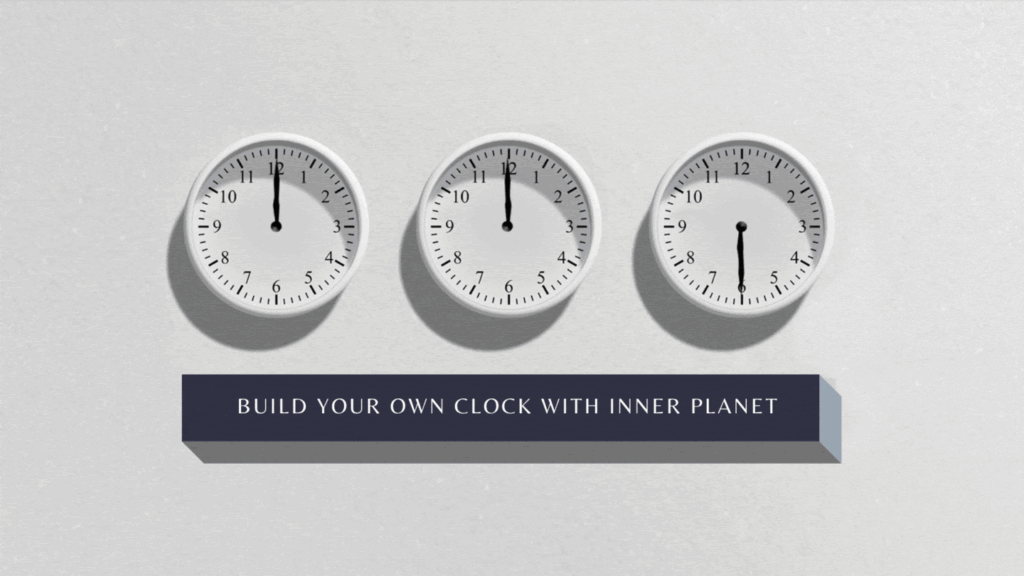
Haven’t received that pay check you hoped to receive at 25? Did not marry by 30?Feeling like you haven’t done as much as you were “supposed” to do by this time in your life?
We KNOW that you have felt this way at some point in your life!
Being a part of society comes with its own intricacies. The unspoken pressure that society creates, to cross certain benchmarks in life within a set time is termed the social clock. Truth is that a lot of us try to fit into and follow this timeline, but not all of us succeed in doing so, and here’s why that is okay.
The social clock is a concept that was introduced by social psychologist Bernice Neugarten to explain the predictive timeline of life and aging. According to this theory, major life events followed a pace that was:
- Collective in nature
- Subjective to different cultures, societies and generations
What seems to be socially acceptable to one society, may seem strange to another.
Why do most of us rely on this shared judgement of what is the “best” time for certain life events?
- We are social beings and want to feel a sense of belongingness
- The more we align our lives to the expectations of society, the more we feel accepted
- Reduces chances of being excluded or shunned by society
- Less stress and worry associated with letting down family expectations
- Reduced sense of personal dissatisfaction as a result of minimized harsh personal judgement
Apart from the above-mentioned factors, sharing common milestones with a group may help us feel more secure and nullify the feeling of being “left-behind” which is often associated with danger or risk.
Social clock and mental health

A lot of times, comparing ourselves to these social standards may help us make vital decisions that shape our lives and can be motivational for some, but debilitating for others.
When does this become a cause for concern? The compulsive need to “keep up” has significant impacts on our mental health, some of which are:
- Increased anxiety
- Stress overload
- Higher chances of depression
- Low self-esteem
Many times we equate this inability to “catch up” with peers, to failure and this judgement is not always free of error.
Reminder: We all have our distinct paths and timelines.
Social media and the social clock

The life of another is now at our fingertip. This ease of accessibility and availability makes it easier to compare ourselves to many like acquaintances, friends, celebrities, etc.
Two studies were conducted on Facebook users and the results proved that:
- 33% of Facebook users reported feeling unhappy during their usage as a result of “envying” Facebook friends
- The more hours spent on Facebook, the more likely a person is to believe that others are happier than them
This confirms that social media accelerates the already existing mental health disbenefits that come with the social pressure of living by the clock.
Coping with the pressure of the social clock
1. Social c(onstruct)lock: Social clock is a social construct and an illusion. Trying to keep on the “right” path may keep you away from the path you are meant to be on.
2. Shifting focus: Focusing on personal goals instead of comparing ourselves to others may help you ease into your own clock.
3. Time based decisions:Minimize decisions based on time. Judgements based on timing often clouds reality and creates space for more difficulties. For example, getting married before the age of 25 to satisfy your parents, might just leave you feeling distressed later as you realize it wasn’t the best decision you made for yourself.
4. Increase face-to-face interactions: This can be a reality check and may remind us how not everyone that went by the “clock” is happy in life.
Just as being “on time” does not guarantee happiness, being “off the clock” does not equate to failure. Remember to honour your own timeline.
Personalizing your clock

1. The face: Consider your life as your own clock face.We vary in our characteristics, beliefs and attitudes which shape our lives, making all of us unique. Recognize this as the predetermined part on which you will build.
2. The needles: Choose your own needle(s).Just as there are different needles moving at different speeds on the clock, you choose the pace at which your life advances. We are all distinctive in the way we make progress and that’s what makes us similar and different, all at once. Regardless of whether you choose an hour, minute or second needle, you still make a clock.
3. The numbers: Consider these numbers as benchmarks in your life. Just as some clocks are limited to four digits, while some have none and the others have all 12 digits, you get to choose the number of goals you want to accomplish. Consider each number as one personal goal.
These are some basic components that can help guide you towards paving a path that matters to you and not one that satisfies others.Putting these parts together, you have personalized your clock!One of the benefits of personalizing your clock is that you are the battery that drives it, allowing you to take the driver’s seat in your own life (as it should be).
In a world full of analog clocks, you are probably a digital clock and THAT’S OKAY!
We hope that building your own clock takes you one step closer to unapologetically owning your life.




